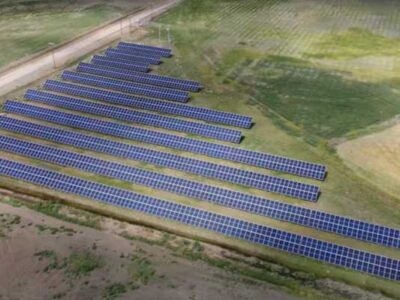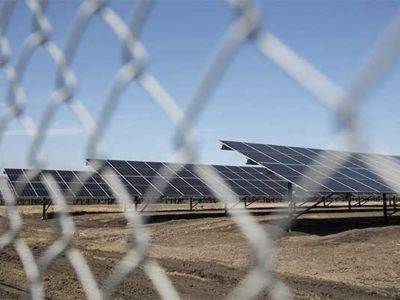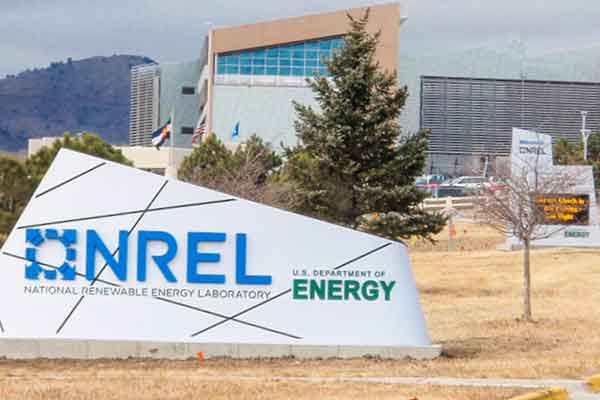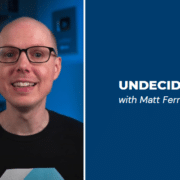Connecticut utilities; Eversource (formerly Connecticut Light & Power) and United Illuminating (UI) announced the joint issuance of the fourth year of the Low Emission and Zero Renewable Energy Credit (LREC and ZREC) program.
2015 Program Summary
The program will include three separate tiers for bidding: LREC, Medium ZREC, and Large ZREC. The LREC tier includes qualified renewable energy projects less than or equal to 2,000 kW that emit a very minimal amount of nitrogen oxides, carbon monoxide, or volatile organic compounds( i.e. anything that makes minimal impact on the climate).
The Medium ZREC tier includes all zero emission renewable energy projects between 100 kW and 250 kW and the Large ZREC tier will include all qualified projects between 250 kW and 1 MW in size. The most common renewable energy resources that fill the ZREC tiers are solar and possibly fuel cells. Wind also qualifies but is harder to develop on this smaller, distributed type scale.
The program occurs through a competitive bid process for 15-year contracts, and projects will be evaluated and selected based on pricing, with any ties to be settled through a random selection process. Bids are due by 1:00pm ET June 18, 2015. Both utilities have encouraged bidders to submit bids prior to the deadline to ensure successful submission of a bid in anticipation of an overwhelming number of applications.
After all bids have been submitted, the utilities expect to notify winning bidders by July 24, 2015. After notification, bidders must return partially executed contracts within approximately 15 business days. Winning bidders must also provide performance assurance, which may equate to as much as $20,000 for a 1 MW project, within 5 business days of the Effective Date of the standard contract. Failure to provide performance assurance during this time will automatically terminate the agreement.
In addition, bidders must select one of four allowed Delivery Term Start Dates. The Delivery Term Start Date is the date upon which the system may begin production and delivery of qualified ZRECs or LRECs. Sol Systems advises any winning bidders to choose this start date wisely as missing this start date will have a detrimental impact on the value of the project.
2014 Program Results and Lessons Learned
CL&P and UI held their third round of the LREC/ZREC program last summer and successfully awarded contracts to 137 and 27 projects, respectively, with pricing falling in the range of $60-75/MWh. CL&P had 18 of the original 137 projects awarded contracts drop out due to an inability to execute or post performance assurance.
That opened up room for projects to come off the waiting list, filling three of those eighteen slots almost immediately. In fact, both utilities continued to have such a hard time finding viable and financeable projects to fill the funding that they re-opened the program to bidders in late October 2014. CL&P opened up the bidding for LREC projects only and UI opened up the bidding for medium ZREC projects only.
Although CL&P and UI have pulled projects off the waiting list in the past, they have never had to completely re-open to program for new bidders due to a shortage of deals.
This process comes as no surprise given the regularity of projects dropping out of comparable competitive solicitations.
Historically, competitive solicitations have forced project developers to bid below a financeable threshold in order to win a contract without the promise that the project can actually be completed. This creates instability in the market in regards to incentive pricing and prevents developers from being able to confidently secure deals.
Although not new to this particular program, the need to post performance assurance acts as a real barrier to entry to any competitive solicitation like the CT ZREC program. An unwillingness of a developer to post the performance assurance may be a result of lack of funding and/or certainty that the project will be completed and their upfront assurance payment will be returned.
To prevent this from happening to your project, Sol Systems would advise that any project developers expecting to bid into to this year’s program seek pricing guidance in advance from financing partners, like Sol Systems, before submitting a bid. Bidding in with a financier or confirming pricing prior to a bid provides any developer another level of certainty that the project has a chance to get done and the performance assurance posted six months before will be returned.
Published with permission from the original publication on Sol Systems Blog By Anna Noucas.














Comments